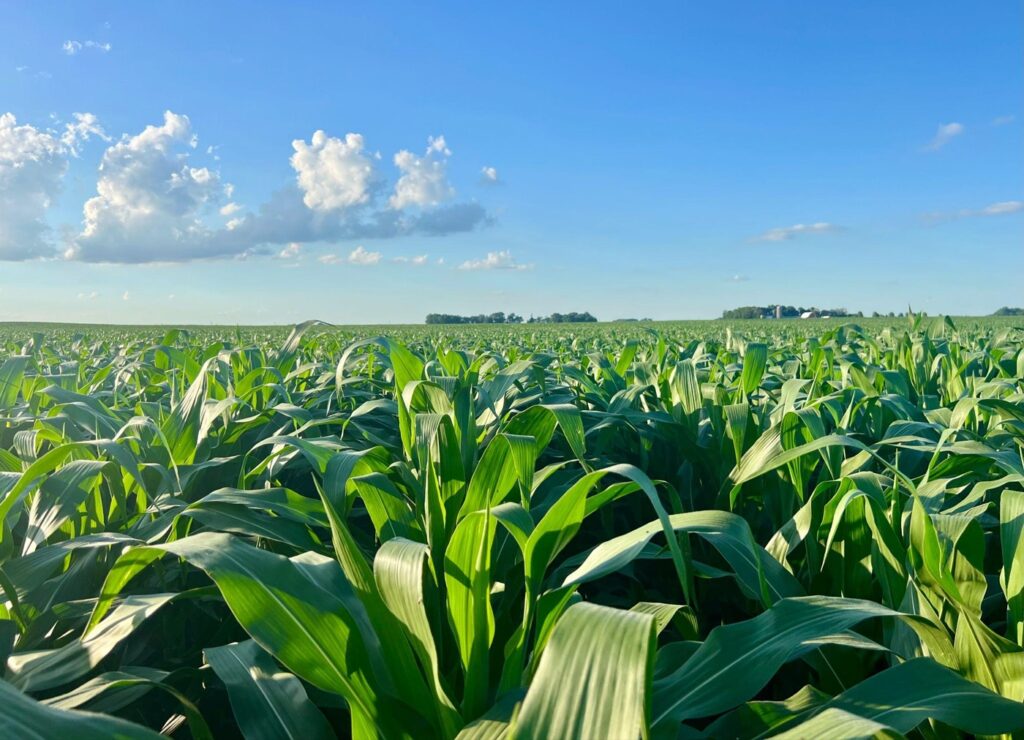Over the past couple of years, more folks have started talking about tar spot, and for good reason. Tar spot is a fungal disease that’s spreading across the country, and when the conditions line up just right, it can really hit yields.
From what I’ve seen and read, and from the farmers I talk to, here are a few things worth keeping in mind.
- It’s tough to predict — and tougher to shake
Tar spot tends to show up in cool, humid weather, especially if the leaves stay wet for long stretches. In affected plants it disrupts photosynthesis and can slow grain fill or dry plants down too fast. Some folks have seen yield losses of up to 50 bu/acre when it gets ahead of them. - Scouting and timing matter
Like a lot of things in farming, it’s about timing. A well-placed fungicide pass can help, but only if it’s on time. Most of the research points to VT–R2 as the critical spray window. Walk your fields, talk to your agronomist, and make a plan that fits your acres. - Some hybrids handle it better
No hybrid is tar spot-proof, but some definitely hold up better than others. If you’ve had issues before, it might be worth factoring in disease scores when you pick your seed this winter. - It’s not cheap to treat — but it might be cheaper than doing nothing
Between the fungicide and application, you can expect to spend $20–40 an acre. That’s not a decision to make lightly, especially at current prices, but in the right year, it can pay off fast.
Additional Resources
- Tar Spot on Corn – Agriculture Extension
- University of Nebraska article: Early Tar Spot Detected in Nebraska Corn; Irrigation Shown to Elevate Disease Risk
- Map of Corn Tar Spot
Looking Ahead
We’re keeping tabs on how different hybrids are holding up under tar spot pressure, and we’d love to hear what you’re seeing in your own fields. Every season teaches us something new, and comparing notes is one of the best ways to learn.
If you’re starting to think ahead to next season’s seed decisions – or if you’ve had tar spot show up and want to talk about what might work better for your acres – give me a call.
Tim Thurmer
Thurmer Seedworks
From our family to your farm.
